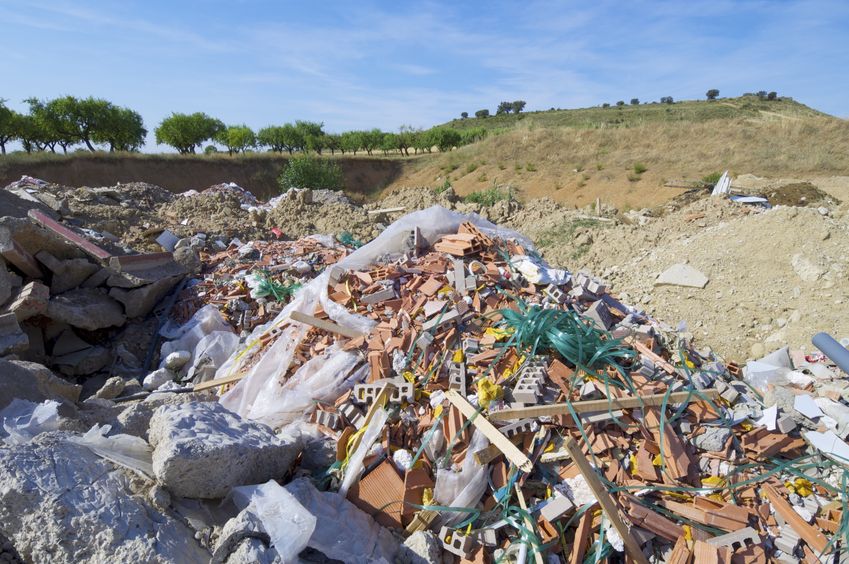What is Sanitation?
Sanitation is an arrangement for preventing human contact with the hazards of wastes and sewage wastewater. It is a method of preparation for protecting and promoting health.
Types of Wastes
Wastes that are injurious to our health include human and animal feces, solid wastes, domestic wastewater, industrial wastes and agricultural wastes.
What is Waste Management?
Waste Management is a strategy where the generation, prevention, characterization, monitoring, treatment, handling, reuse and residual disposition of solid wastes (produced by human activity) is taken care of.
Types of Disposal Techniques
Landfill
This is a common method that involves burying the waste. Landfills are usually designed in places such as old unused mining voids, quarries or borrow pits. This is what makes it an effective and inexpensive method. But there are loopholes attached to this method. Proper care has to be taken to avoid vermin, wind-blown litter, leachate, greenhouse gas, etc. You would not want to dispose of one waste and say hello to a whole bunch of new hazards.
Incineration
Incineration, also called the thermal treatment disposes of solid, liquid and gaseous wastes via combustion, converting them into gaseous residues. It can be in the form of heat, gas, steam or ash. This method can be carried out on a small scale as well as a large scale. Again there’s a downside of this widely used method too. Gaseous pollutants such as dioxins, furans and PAHs have adverse environmental effects.
Recycling
This method collects and reuses waste materials such as beverage containers and food cans. The materials used to make these items are reprocessed into new products. Material for recycling is collected separately from general waste via a procedure called curbside collection.
PVC, LDPE, PP and PS are relatively easier to recycle because these are usually composed of a single type of compound. Whereas electronic equipments are harder because of the complex products involved. For instance a computer requires a lot of dismantling before you can even begin to recycle.
Why Manage Waste At All?
The World Health Organization states that:
“Sanitation generally refers to the provision of facilities and services for the safe disposal of human urine and feces. Inadequate sanitation is a major cause of disease world-wide and improving sanitation is known to have a significant beneficial impact on health both in households and across communities. The word ‘sanitation’ also refers to the maintenance of hygienic conditions, through services such as garbage collection and wastewater disposal.”
If you think about the coming years, you’ll understand why waste management is important. It’s like constant contaminated oxygen for all we know. It plays a major role in our lives and the environment in general. It’s like living in a room with sections that contain the waste as well as the fresh air. How long will you be able to survive? We live in a world that needs to be protected. For a healthier, hygienic environment, it’s important that wastes are managed properly.
Connect with us: Facebook – Twitter – LinkedIn – YouTube – Google +

